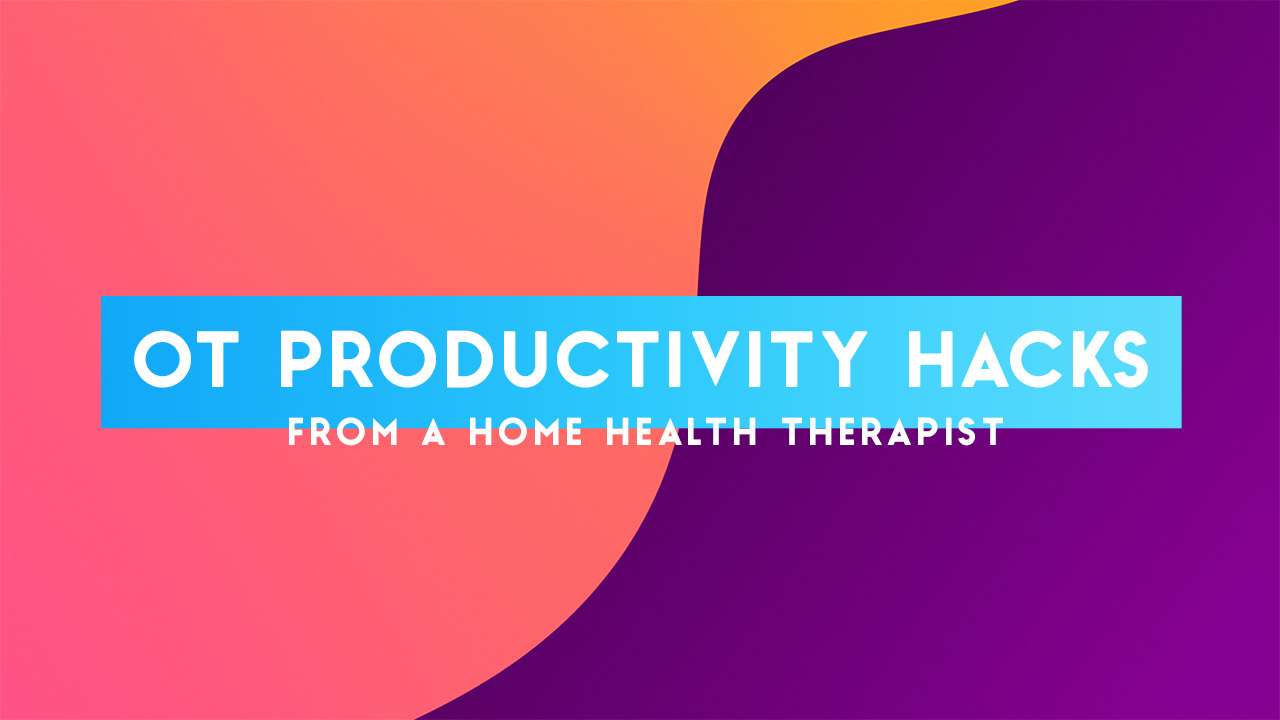
In today’s society, stress and change often are thought of as the same thing. Stress is a physiological and psychological response to situations the body and mind find to be overwhelming. We often ask ourselves how we should manage stress. There are many ways people manage stress and reduce the overall stress of day-to-day activities. With the fast pace of work and home, and being constantly inundated with technology and still wanting to have time to connect with those around us, our lives can feel overwhelming and stressful at times.
Manage how you live with these five tips to feel less stressed:
1. Use guided meditation.
Guided meditation is a great way to distract yourself from the stress of day-to-day life. There are many guided meditations available on the internet that can help you find 5 minutes of centered relaxation.
2. Practice deep breathing.
Deep breathing is a great way to reduce the activation of your sympathetic nervous system, which controls the body’s response to a perceived threat. Deep breaths taken in to a count of five seconds, held for two seconds and released to a count of five seconds, can help activate your parasympathetic nervous system, which helps reduce the overall stress and anxiety you may be experiencing.
3. Maintain physical exercise and good nutrition.
Physical exercise and nutrition are two important components in how you respond to stress. When your body is healthy, your mind can be healthy and vice versa. Physical exercise is proven to be a great stress reliever and also helps to improve your overall quality of life. Nutrition is important as stress can deplete certain vitamins, such as A, B complex, C and E. Maintaining proper nutrition not only helps your body feel better, but your mind as well, which allows you to better combat stress.
4. Manage social media time.
Spending time on social media sites can become stressful, not only by what we might see on them, but also because the time you are spending on social media might be best spent enjoying visiting with friends, being outside enjoying the weather or reading a great book.
5. Connect with others.
Humans are social beings. You need to have connections with people to feel supported. Finding a sense of community — whether at work, with a religious organization, or through shared activities, such as organized sports — is important to your well-being. Enjoying a shared activity allows you to find support and foster relationships that can be supportive in difficult times.
A little bit of stress can be useful, but ongoing stress can affect your mental and physical wellbeing.
Feeling stressed? Take ten minutes to try one of the below activities and decrease your stress levels.
1. Exercise
It’s a cliché for a reason: exercise really does prompt your body to release feel-good hormones like endorphins, which can help you to feel less stressed. Stress can also make you subconsciously tense your muscles, which exercise might help to release.
It doesn’t have to be a full workout: walk around the block, do 20 jumping jacks, go for a quick run or find a 10 minute yoga flow on YouTube to follow.
2. Organise
Stress can kick in when you’re feeling overwhelmed by the number of tasks that need to be done or deadlines that must be met. Writing a to-do list or time management strategy can help you focus on seeing each task through to completion.
Sit down and write out everything you need to get done and each step you’ll need to take to complete each task. Prioritise what must be done first and identify what can be left to a later time or what you might be able to assign to someone else. Be realistic about how much time it will take you to complete each task and build space into your schedule to reward yourself for getting the job done.

3. Breathe
Stress and anxiety can affect how you breathe, which has flow-on effects on how your body and mind feels. Taking a few deep breaths can help slow your breathing and heart rate, relax your muscles and calm your mind.
Follow Anxiety Australia’s guide to slowing down anxious breathing, or head to xhalr.com, which has a visual breathing tool to help you easily calm your breath.
4. Take a time out
You’re not a toddler, but that doesn’t mean a time out doesn’t apply when you’re stressed.
Just like in children, stress can affect our emotions and how we behave, as well as our physical and mental health. Stress might make you become irritable or short tempered, easily upset or agitated.
When you start noticing that stress is affecting how you feel or behave, it might be time to step away and spend a few minutes just focusing on yourself. Do something you enjoy like reading a book or listening to music, or find a trusted friend or colleague that you can talk to about how you’re feeling.
Time outs don’t have to just be reactive: proactively build some ‘you time’ into your schedule each week, allowing yourself to do something enjoyable whilst looking after your health.

5. Meditate
If you haven’t tried mindfulness, meditation or relaxation exercises yet, there’s no better time to start. Scientifically proven to help decrease and manage stress, and promote mental wellbeing, these tools are useful for when you’re experiencing stress and as prevention tools in times when you’re feeling well.
There are many programs, websites, books and apps to help you practise these exercises, including the free resources linked below.
This Way Up: Intro to mindfulness course
Smiling Mind
beyondblue relaxation exercises
Why you should decrease stress
While a little bit of stress is normal and can actually help you function more effectively during times of pressure, ongoing stress is not good for your physical or mental health. From causing headaches and sleep loss to affecting hormonal function, blood pressure and relationships, there are many reasons why experts are warning of the ill-effects the current ‘epidemic of stress’ is having on public health.
While it’s not a realistic goal to plan to dodge all stress, proactively doing the activities above can help you avoid unnecessary stress and handle stress better when it hits.
When you should get help
Ongoing stress affects your mental health and can be worth a trip to the doctor. You should see your GP if you’ve been feeling unwell or ‘not yourself’ for two weeks or more. Remember: you don’t need to wait for a crisis situation to seek help for mental health.
If you feel like the situation is an emergency or that your or someone else’s life is in danger, call Triple Zero (000) for an ambulance.
More information
Dear Mind – Your Mental Wellbeing
Work/life balance and stress management
Signs of mental illness
Coping with the daily grind
How does stress affect your body?
How to have a conversation with a mate about mental health
5 things you should do, and 1 you definitely shouldn’t, on a mental health day
5 steps for making your mental health a priority this year
For our ancestors, stress was a survival skill during brief, life threatening situations. Once the danger passed, their stress levels lowered. However, in today’s world, we are constantly bombarded by stressors, such as work deadlines, traffic, and family obligations. We rarely get a break long enough to relax and relieve the stress. The over-activation of our stress hormones have been linked to high blood pressure, heart attacks, lower immunity, depression, anxiety, and more.
So how can you relieve stress? Here are five easy stress relievers to get you started.
Eat Well!
According to Dr. Mark Hyman, eating whole, real foods restores balance and reduces the effects of stress on your body. Replacing harmful substances such as caffeine, alcohol, and refined sugars, with clean proteins, fruits, vegetables, and healthy fats helps regulate your hormone levels, including stress hormones. Food As Medicine Education Director Kathie Swift, MS, RDN, LDN, FAND, EBQ cites the connection between the gut and brain in relieving stress. The gut and brain are constantly sending signals to each other, so by keeping your microbiota (the bacteria in your gut) healthy, your brain feels less stressed.
Shaking & Dancing
The quickest way to relieve stress is to release endorphins through exercise. An easy way to do this is through shaking and dancing, a form of expressive meditation that loosens your joints as well as clears the mind. It’s one of our favorite techniques to teach in conflict and disaster areas, such as Haiti. Start by standing with your feet shoulder-width apart, knees slightly bent, shoulders relaxed, and shake your whole body for a few minutes (we recommend 7-8 minutes). Then, stop for a minute or two and pay attention to your breathing and physical sensations. Finally, turn on fast music – anything that gets you energized, and allow the music to move you. Don’t feel the need to follow any specific dance moves, just do whatever feels good for you in the moment (it might help to close your eyes). Dance for about 5 minutes, or until you feel satisfied.
Get a good night’s sleep
Sleep and stress tend to cause a vicious cycle – if you’re stressed, then you can’t sleep, which makes you ill-prepared to handle the stressors of the next day, leading to more stress. To relieve stress before bed, try some relaxation techniques (see below) and disconnect from technology as much as possible an hour before bedtime. To ensure the proper amount of rest (7-8 hours is recommended), set an alarm reminding you to go to bed.
Guided Imagery
The body responds in essentially the same way to made-up imagery as it does to real experiences. Positive, relaxing images can be an effective tool for relieving stress. Try it for yourself with this Guided Imagery podcast from our Founder and Director Dr. James Gordon, or check out Dr. Gordon’s book Unstuck: Your Guide to the Seven-Stage Journey Out of Depression for dozens more techniques, including scripts for guided imagery exercises.
B R E A T H E
We do it all day, every day, and yet we often forget the healing powers of deep breathing. By slowing down your heart rate and lowering blood pressure, breathing deeply relieves stress. Our Soft Belly meditation is our go-to for relieving stress, but any form of slow, deep breathing can help you relax and stay calm.

More Tips
We have compiled some of our favorite self-care techniques in our Self-Care library.




